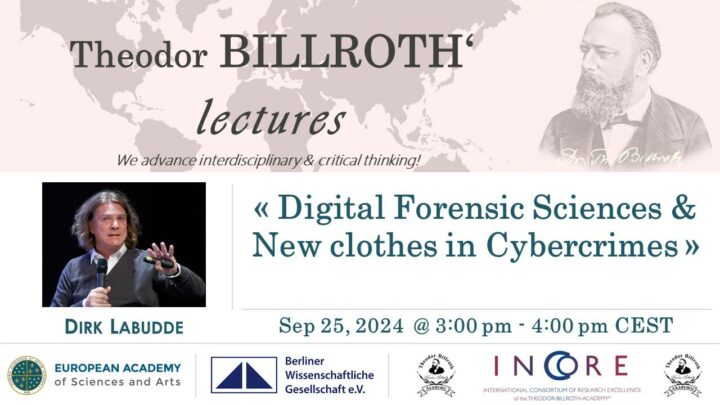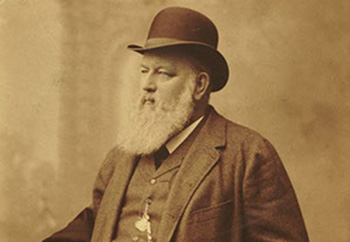Digital Forensic Sciences & New clothes in Cybercrimes
Speaker
Professor Dr Dirk Labudde
Professor of Bioinformatics and later Digital Forensics at Mittweida University of Applied Sciences, where he founded Germany’s first Bachelor’s degree program in “General and Digital Forensics” in 2014. He is head of the university’s FoSIL (Forensic Science Investigation Lab) research group, which deals with a wide range of forensic issues. Coauthor of 8 books and more than 700 publications in the field of bioinformatics and forensics. Research areas: structure-based systems biology, analysis of biological traces, knowledge-based systems as support for digital forensics and resilience. He also works as an expert witness in court and as a consultant for the police and the public prosecutor’s office. In addition to his professorship at Mittweida University of Applied Sciences, he is a lecturer at Fresenius University of Applied Sciences and BTU Cottbus. He is a member of the Fraunhofer Institute for Communication, Information Processing and Ergonomics – FKIE and head of the Fraunhofer Cyber Security Learning Lab at Mittweida University of Applied Sciences. As an expert, he is a regular speaker at international conferences and specialist committees.

AGENDA
Missing links. A missing link is an as yet undiscovered fossil transitional form between evolutionary ancestors and descendants that has been predicted based on evolutionary theory and would close the gap in the fossil record. In forensics, can gaps in the trace association network be closed by such missing links? These links can be created by merging results and information from the analyses of digital traces (videos) and the trassology of confiscated evidence (clothing, including shoes).
LEARNING OUTCOMES
- What opportunities do digitalization and its possibilities offer in forensics?
- Is a separation in forensics between traditional approaches and digital approaches in keeping with the times?
- Can new types of crime be successfully detected and solved using digital methods?
"Our responsibility is, to the extent of our view into the future, to form the present felicitous for the next generation according to the best of our knowledge and belief”
Theodor Billroth (1829-1894)

